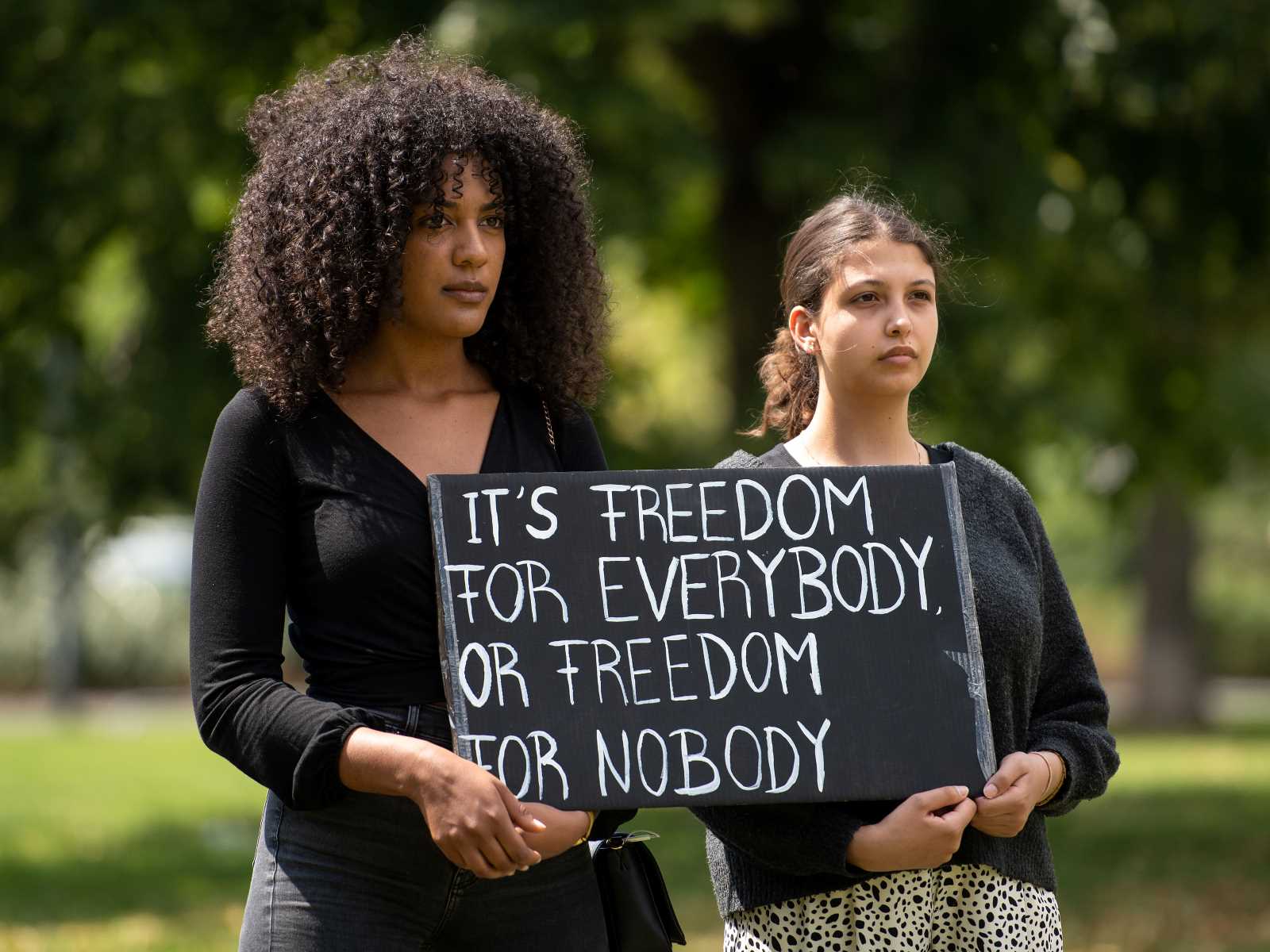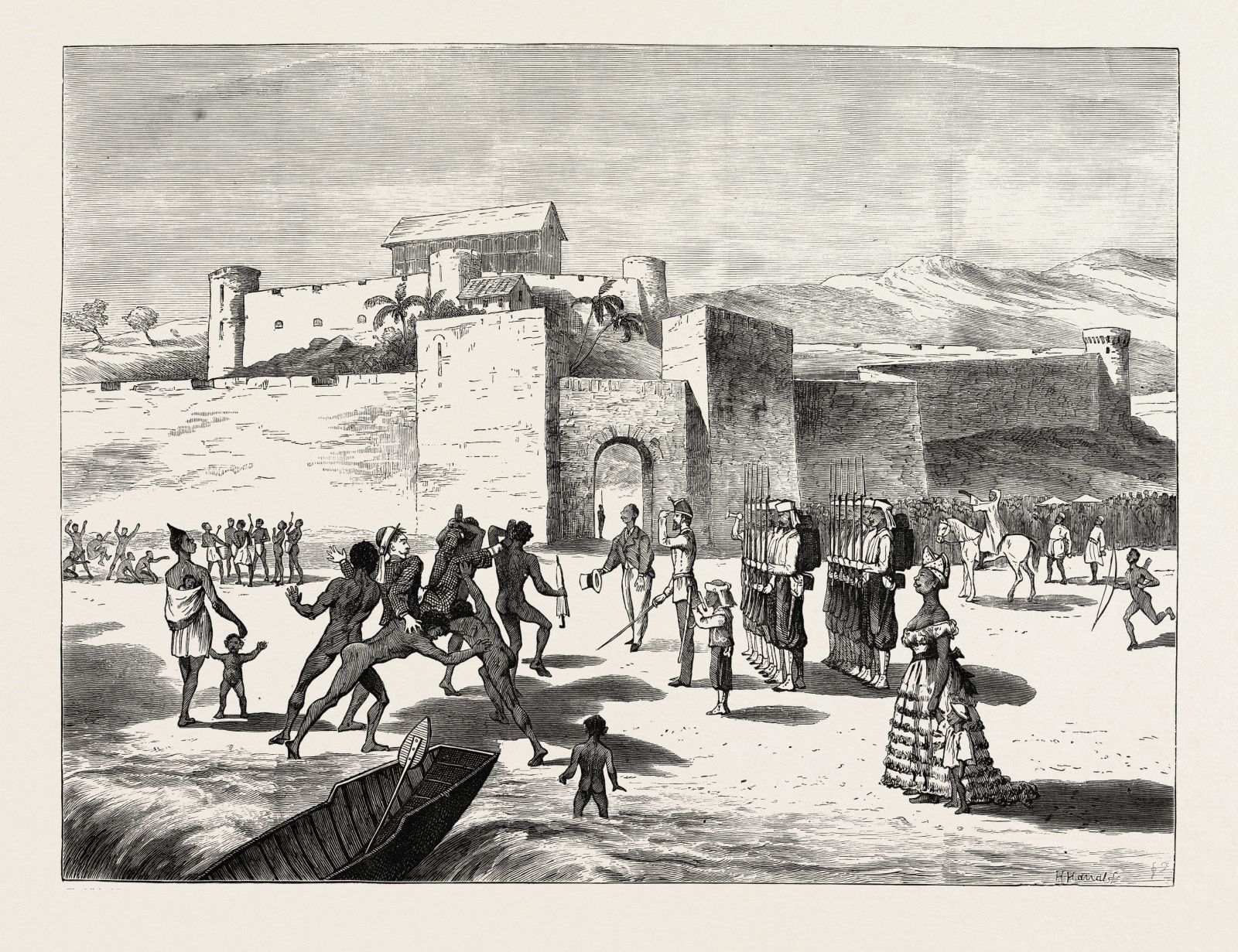Summer Special
Murder, sex and a special sibling relationship

The title makes it immediately clear what the story is about: “My Sister, the Serial Killer”. And the novel begins in medias res. Korede is called to a crime scene by her sister Ayoola: the apartment of Ayoola’s lover Femi somewhere in Nigeria’s capital Lagos. Ayoola has “accidentally” stabbed Femi and needs Korede’s help. Horrified though she is by her sister’s crime, Korede helps her dispose of the body and meticulously clean the crime scene of all evidence.
The murders committed by Korede’s beautiful young sister are farcical crimes, and so is the way she deals with them. Ayoola has no sense of guilt, she even denies that the murders of her lovers happened on purpose. But the reasons she gives are pretty flimsy. The setting is reminiscent of a Quentin Tarentino film.
Actually, the story does not really centre on Ayoola’s crimes. The main focus is the relationship between the sisters. In the course of the book, it becomes increasingly apparent how different the two women are. Ayoola, the younger sibling, is stunningly beautiful and captures the heart of every man who lays eyes on her. She does not think much of men. She uses them to get what she wants – and they are so blinded by her beauty that they never notice. That cold indifference also explains why she has no moral qualms about killing them. If she has a problem (like a new murder) she calls her older sister.
Korede is the opposite of Ayoola. She is conscientious, dependable, circumspect. In looks, she is unremarkable, tall and angular. Korede works as a hospital nurse and is on the brink of being promoted to head nurse. She gets angry at Ayoola, who is always causing difficulties for her, and yet she still feels responsible for her.
Korede is secretly in love with the good-looking doctor Tade but he sees her only as a chum. When Tade meets Ayoola – and naturally falls head over heels in love with her – the relationship between the sisters is sorely tested.
Apart from the siblings’ relationship, the book shines a light on the relationship between men and women. On the one hand, there are Ayoola’s lovers; on the other, there are also a number of police officers – all of them men – who do not come off well in the book. They are portrayed as dumb and corrupt. When Korede is pulled over in a police road check in the car she used to transport Femi’s body, she gets scared. But she knows how to deal with this kind of official and puts on a submissive show. It works; she is allowed to drive on unchecked.
Oyinkan Braithwaite was born in Lagos in 1988 and spent her childhood in Nigeria and Britain. She studied law and creative writing in Surrey and London and has lived in Lagos since 2012. On the background to her book, Braithwaite told the British daily The Guardian that she almost failed in her ambitions. She had set out to write a great novel but found herself blocked. Around her 30th birthday, she finally gave up. As The Guardian reports, she told herself “Just write something for yourself that’s fun”. The result was not the great profound novel that explains the world but an entertaining crime novel that is a pleasure to read. It will be interesting to see what else this up-and-coming writer produces.
Book
Braithwaite, O., 2018: My Sister, the Serial Killer. Atlantic Books.












